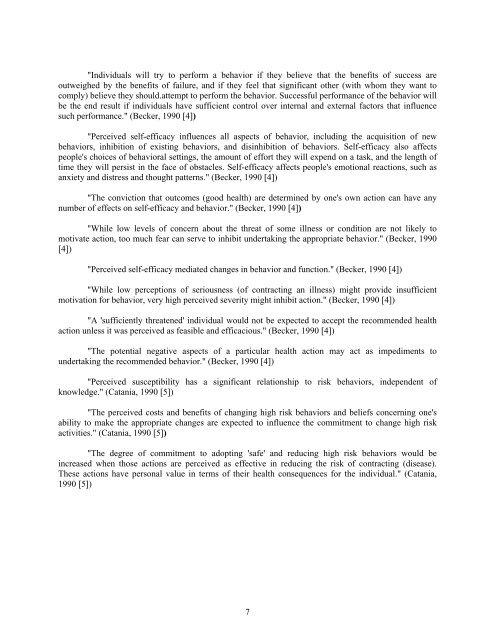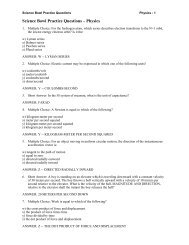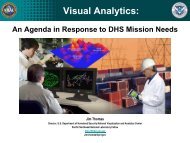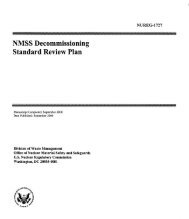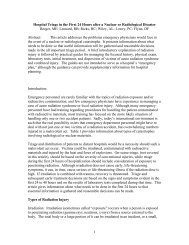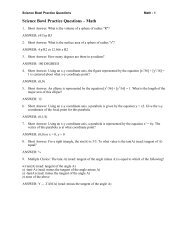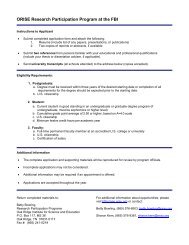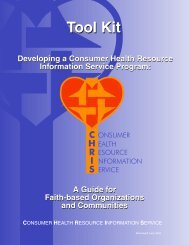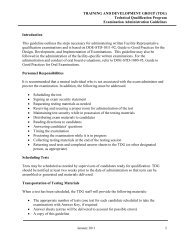Internal and external factors that encourage or discourage
Internal and external factors that encourage or discourage
Internal and external factors that encourage or discourage
Create successful ePaper yourself
Turn your PDF publications into a flip-book with our unique Google optimized e-Paper software.
"Individuals will try to perf<strong>or</strong>m a behavi<strong>or</strong> if they believe <strong>that</strong> the benefits of success are<br />
outweighed by the benefits of failure, <strong>and</strong> if they feel <strong>that</strong> significant other (with whom they want to<br />
comply) believe they should.attempt to perf<strong>or</strong>m the behavi<strong>or</strong>. Successful perf<strong>or</strong>mance of the behavi<strong>or</strong> will<br />
be the end result if individuals have sufficient control over internal <strong>and</strong> <strong>external</strong> <strong>fact<strong>or</strong>s</strong> <strong>that</strong> influence<br />
such perf<strong>or</strong>mance." (Becker, 1990 [4])<br />
"Perceived self-efficacy influences all aspects of behavi<strong>or</strong>, including the acquisition of new<br />
behavi<strong>or</strong>s, inhibition of existing behavi<strong>or</strong>s, <strong>and</strong> disinhibition of behavi<strong>or</strong>s. Self-efficacy also affects<br />
people's choices of behavi<strong>or</strong>al settings, the amount of eff<strong>or</strong>t they will expend on a task, <strong>and</strong> the length of<br />
time they will persist in the face of obstacles. Self-efficacy affects people's emotional reactions, such as<br />
anxiety <strong>and</strong> distress <strong>and</strong> thought patterns." (Becker, 1990 [4])<br />
"The conviction <strong>that</strong> outcomes (good health) are determined by one's own action can have any<br />
number of effects on self-efficacy <strong>and</strong> behavi<strong>or</strong>." (Becker, 1990 [4])<br />
"While low levels of concern about the threat of some illness <strong>or</strong> condition are not likely to<br />
motivate action, too much fear can serve to inhibit undertaking the appropriate behavi<strong>or</strong>." (Becker, 1990<br />
[4])<br />
"Perceived self-efficacy mediated changes in behavi<strong>or</strong> <strong>and</strong> function." (Becker, 1990 [4])<br />
"While low perceptions of seriousness (of contracting an illness) might provide insufficient<br />
motivation f<strong>or</strong> behavi<strong>or</strong>, very high perceived severity might inhibit action." (Becker, 1990 [4])<br />
"A 'sufficiently threatened' individual would not be expected to accept the recommended health<br />
action unless it was perceived as feasible <strong>and</strong> efficacious." (Becker, 1990 [4])<br />
"The potential negative aspects of a particular health action may act as impediments to<br />
undertaking the recommended behavi<strong>or</strong>." (Becker, 1990 [4])<br />
"Perceived susceptibility has a significant relationship to risk behavi<strong>or</strong>s, independent of<br />
knowledge." (Catania, 1990 [5])<br />
"The perceived costs <strong>and</strong> benefits of changing high risk behavi<strong>or</strong>s <strong>and</strong> beliefs concerning one's<br />
ability to make the appropriate changes are expected to influence the commitment to change high risk<br />
activities." (Catania, 1990 [5])<br />
"The degree of commitment to adopting 'safe' <strong>and</strong> reducing high risk behavi<strong>or</strong>s would be<br />
increased when those actions are perceived as effective in reducing the risk of contracting (disease).<br />
These actions have personal value in terms of their health consequences f<strong>or</strong> the individual." (Catania,<br />
1990 [5])<br />
7


